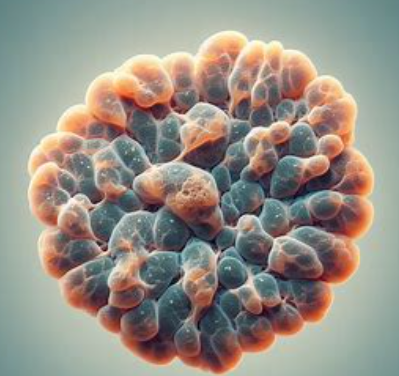
The Link Between Gallstones and Your Daily Routine: What You Need to Know

Gallbladder stones arise from an imbalance in the chemical makeup of bile, a digestive fluid stored in the gallbladder. Various factors contribute to this imbalance, encompassing:
- Dietary Habits: The consumption of excessive amounts of cholesterol, sugar, or saturated fat can heighten the risk of gallstone development. A diet rich in these components may lead to an unfavorable alteration in bile composition, promoting gallstone formation.
- Body Weight: Both obesity and rapid weight loss play a role in influencing bile composition, thereby contributing to the formation of gallstones. Maintaining a healthy weight through proper diet and exercise is crucial in preventing this risk factor.
- Genetic Predisposition: Certain individuals may possess a genetic predisposition that renders them more susceptible to gallstone formation. Understanding one’s family medical history can help in assessing this risk and adopting preventive measures.
- Age: The prevalence of gallstones increases with age, with older individuals being more susceptible to their development. Regular health check-ups become especially important as one ages to monitor and address potential risk factors.
- Health Conditions: Specific diseases or infections can elevate the levels of bilirubin or calcium in bile, fostering gallstone formation. Managing underlying health conditions and infections is vital in preventing this chemical imbalance.
How to prevent yourself from Gall Bladder Stone:
- Hydration: Staying adequately hydrated supports the optimal functioning of the gallbladder and helps prevent the concentration of substances that contribute to gallstone formation.
- Balanced Diet: Embracing a diet rich in fiber, fruits, vegetables, and lean proteins while moderating intake of cholesterol, sugar, and saturated fats can contribute to a healthier bile composition.
- Regular Exercise: Engaging in regular physical activity aids in maintaining a healthy weight, reducing the risk of obesity-related gallstones, and promoting overall digestive health.
- Gradual Weight Loss: When necessary, adopting gradual and sustainable weight loss measures can minimize the risk of rapid changes in bile composition.
- Medical Consultation: Regular check-ups with healthcare professionals help monitor individual health conditions, assess genetic predispositions, and tailor preventive strategies to mitigate the risk of gallstone formation.





